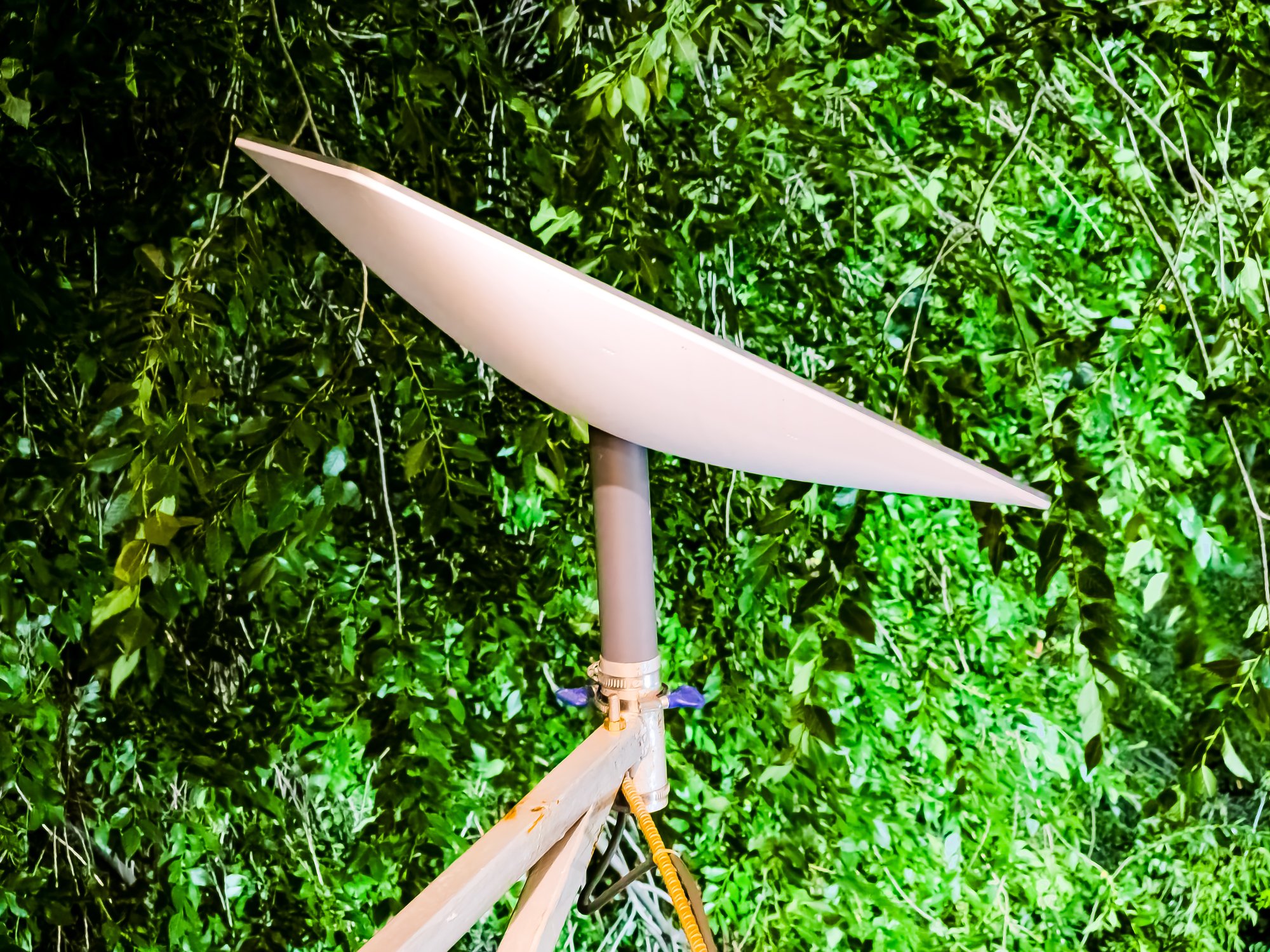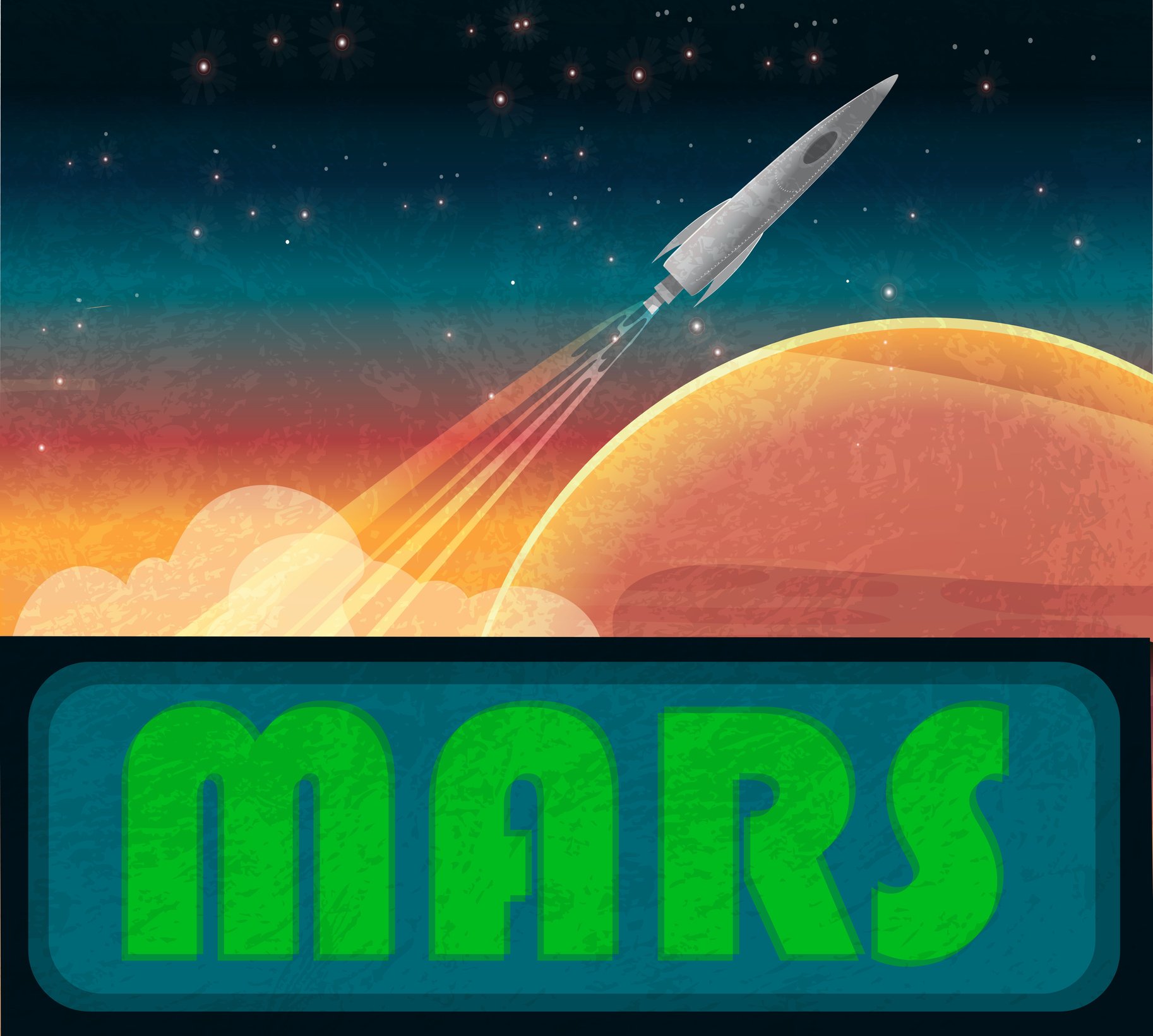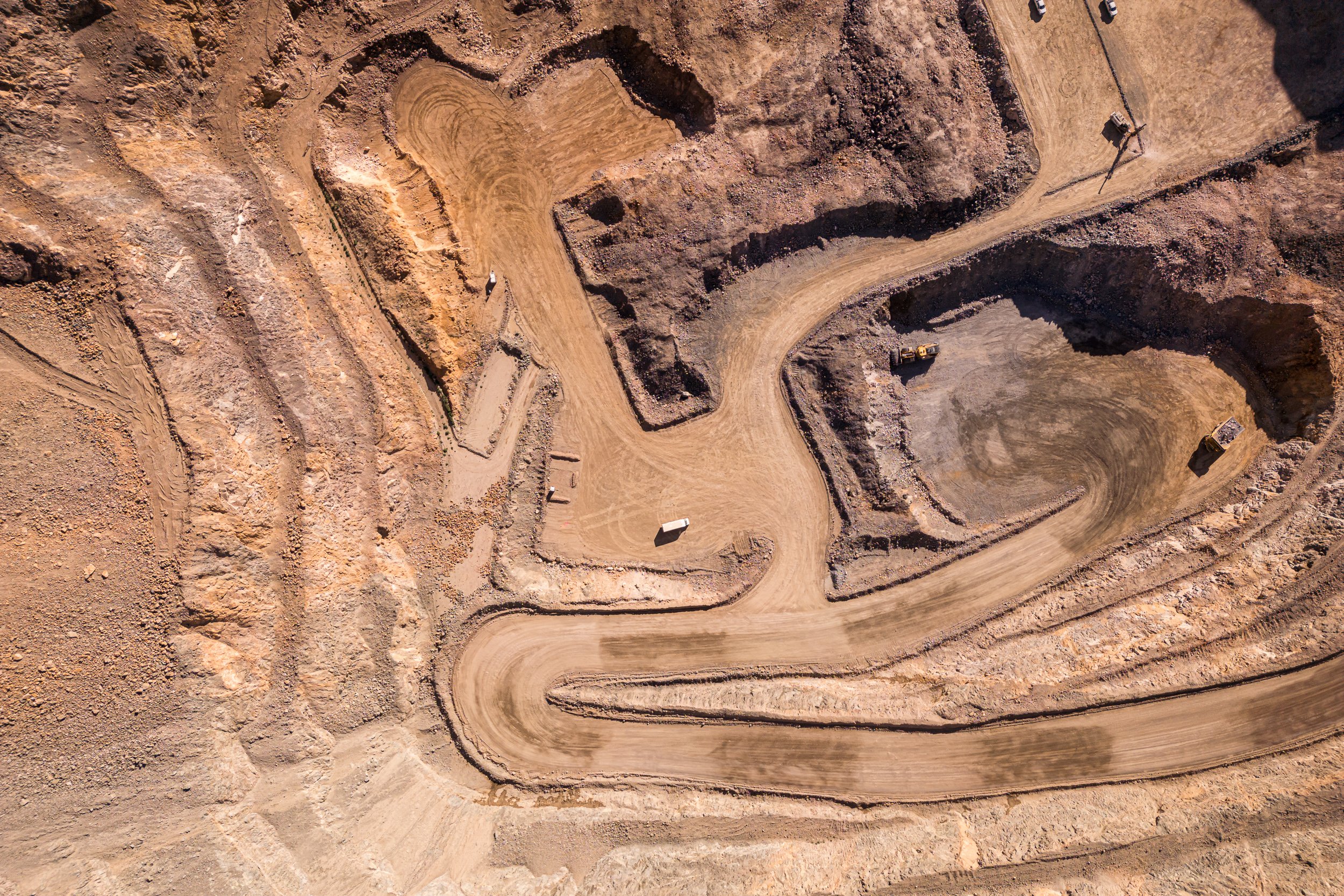Less than a year ago, Elon Musk's SpaceX -- king of low-cost launches for large satellites -- made its move to capture the "smallsat" market, as well. First announcing a "Smallsat Rideshare Program" in which it would launch annual, dedicated rocket rides to space for dozens of customers' satellites at a time, SpaceX quickly expanded its offering, inviting customers to hitch a ride on SpaceX's (more frequent) launches of its own "Starlink" internet satellites.

SpaceX's Starlink V1 L8 mission carried 58 Starlink and three Planet SkySat satellites into orbit Saturday. Image source: SpaceX.
Every month, the company said, it planned to launch at least one batch of up to 60 Starlinks into orbit. If a customer liked, though, SpaceX could drop a few Starlinks from its manifest and substitute in a customer's satellites instead -- piggybacking them on the main Starlink mission and charging as little as $5,000 per kilogram for the privilege.
Now, SpaceX has begun doing just that.
Targeting Saturday, June 13 at 5:21 a.m. EDT for launch of 58 Starlink satellites and 3 @planetlabs spacecraft – the first SpaceX SmallSat Rideshare Program launch https://t.co/hyMYK3dqKP
— SpaceX (@SpaceX) June 11, 2020
At 5:21 a.m. EDT on Saturday, June 13, in what the company described as its "first SpaceX SmallSat Rideshare Program launch," a SpaceX Falcon 9 rocket blasted off from Cape Canaveral, Florida. Aboard the rocket were 58 of SpaceX's own Starlink internet broadband satellites -- and also three small "SkySat" Earth-imaging satellites for which Planet Labs had contracted passage.
Saturday's launch wasn't technically SpaceX's first experience with "rideshare." Previously, the company had rented out entire Falcon 9 rockets to third-party provider Spaceflight Industries, which found the rideshare customers for SpaceX. Saturday, however, was the first time SpaceX had taken over rideshare sales on its own (which is one reason, I suspect, Spaceflight is getting out of the rideshare business).
SpaceX has a second rideshare mission scheduled for June 22, when two Earth imaging satellites from private company BlackSky will hitch a ride alongside SpaceX's Starlinks. And later this summer, Planet Labs plans to take advantage of the service a second time.





